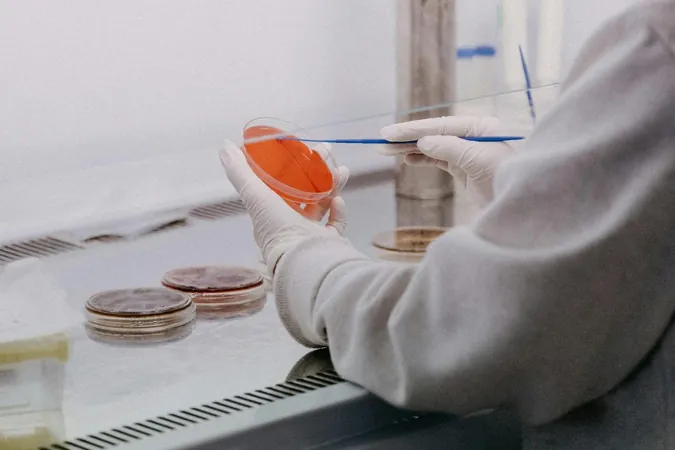
Uncovering the Hidden Heroes: How Citizen Scientists Could Discover Microbes to Combat Climate Change!
2024-11-04
Author: Liam
Introduction
In an exciting new initiative, microorganisms lurking in our homes might hold the key to revolutionary technologies that could help fight climate change. This groundbreaking project, "The Extremophile Campaign: In Your Home," has been launched by Seed Health, in partnership with The Two Frontiers Project and the global citizen science platform CitSci. It invites everyday citizens across the United States to participate in scientific discovery by collecting microbes from seemingly ordinary environments.
The Power of Microbes
Braden Tierney, the executive director of the Two Frontiers Project, emphasizes the powerful capabilities of these tiny organisms developed over billions of years. "Microbes have learned to survive in a variety of extreme environments that would leave humans gasping for breath," Tierney expressed in an interview. He notes that these extraordinary microbes, found in places like volcanic ocean vents and frozen Arctic landscapes, could be integral to developing new biotechnologies necessary for addressing pressing global challenges such as climate change.
The Relevance of Everyday Environments
Interestingly, what we consider mundane environments—such as shower heads, dishwashers, and washing machines—could resemble the extreme conditions our planet might face in the near future. With rising global temperatures, increasing radiation levels, and a commitment to minimizing ocean and soil acidification, understanding these microbes may present vital insights into innovative climate solutions.
Real-World Applications
For instance, the discovery of a unique enzyme in Yellowstone National Park’s hot springs has led to significant advancements in medical testing methods. This enzyme’s remarkable resilience to high heat has revolutionized Polymerase Chain Reaction (PCR) testing for COVID-19, making it much faster and effective. Such applications illustrate the potential of microorganisms to produce tangible benefits in various fields.
Microbial Metabolic Abilities
Tierney explains that microorganisms from extreme environments often possess fascinating metabolic abilities that enable them to process carbon dioxide and other pollutants, much like how humans process food. The relationship is clear: by studying these outlandish habitats, scientists can identify microbes that might be effective in battling environmental toxicants and greenhouse gases.
Notable Discoveries
A notable success was documented during a 2022 Two Frontiers Project expedition to underwater volcanic carbon dioxide vents near Sicily. Researchers discovered a novel cyanobacterium capable of consuming carbon dioxide more efficiently than some of the leading carbon-capture organisms currently known. Tierney called this find a "testament to the unexplored potential of microbes and the importance of investigating extreme environments for future climate solutions."
Citizen Participation
The campaign invites citizens to share their findings through the CitSci platform. Participants will first document their observations, and then 100 environments will be sampled for microbial analysis by Two Frontiers Project scientists. Selected individuals will receive specialized kits to aid in sample collection, helping to gather critical data in an exciting collaborative effort.
The Role of Community Scientists
With microbiological life often displaying macro-scale indicators recognizable by multiple senses, Tierney discusses the potential contributions of citizen scientists: "Even though individual cells aren’t visible to the naked eye, colors, smells, and textures can reveal significant information about the organisms present in a given area."
Enthusiasm and Exploration
The enthusiasm of community scientists is fundamental to the initiative’s success. "In extreme environments, we focus heavily on ensuring safety and securing our materials. However, when it comes to the convenience of home, we need individuals to take an interest in exploring and documenting what's around them," Tierney points out.
Reframing Public Perspectives
Ara Katz, co-founder and co-CEO of Seed Health, underscores the importance of transforming public perspectives on everyday surroundings. "We are reframing our homes and appliances as potential treasure troves for discovery," Katz insists. "Microbes that may be living right under our noses could help address some of the most urgent challenges our planet faces."
Conclusion
So, could your next household chore be a step toward environmental salvation? Participate in the Extremophile Campaign and join the wave of citizen scientists leading the charge against climate change! Unlocking the secrets of your home could contribute to significant discoveries that make a difference for our planet. Don't miss the chance to be part of something bigger—let's find the next microbe hero together!
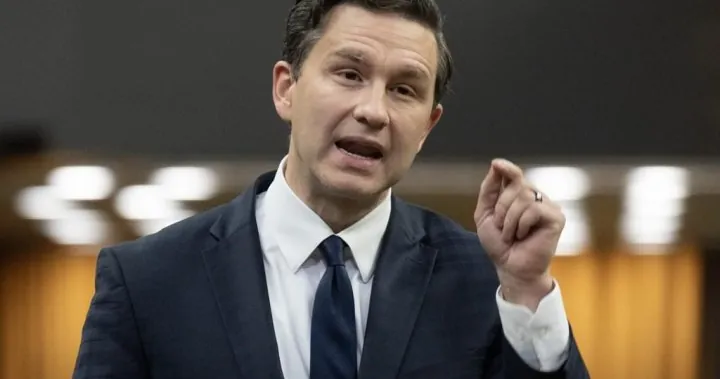


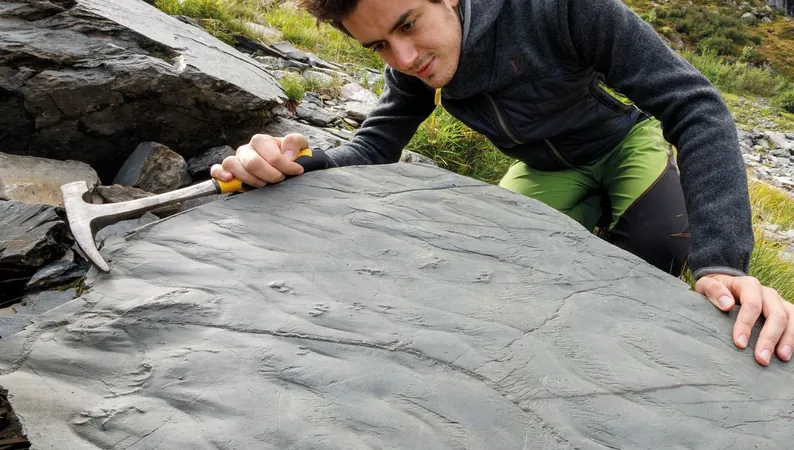

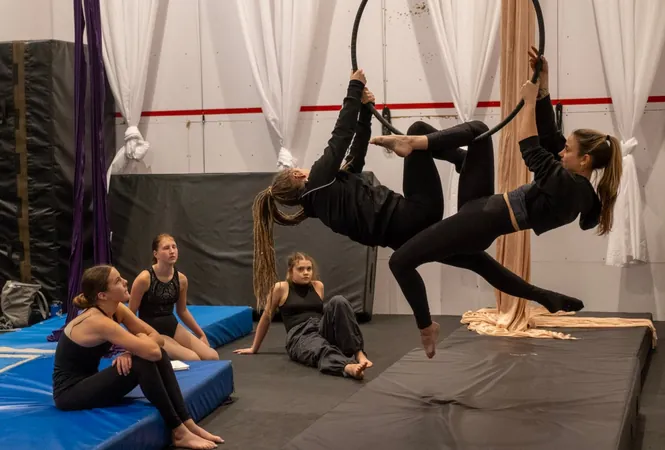

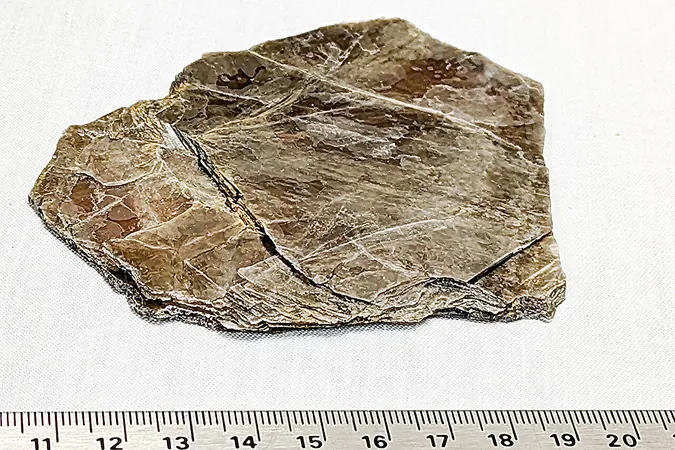

 Brasil (PT)
Brasil (PT)
 Canada (EN)
Canada (EN)
 Chile (ES)
Chile (ES)
 España (ES)
España (ES)
 France (FR)
France (FR)
 Hong Kong (EN)
Hong Kong (EN)
 Italia (IT)
Italia (IT)
 日本 (JA)
日本 (JA)
 Magyarország (HU)
Magyarország (HU)
 Norge (NO)
Norge (NO)
 Polska (PL)
Polska (PL)
 Schweiz (DE)
Schweiz (DE)
 Singapore (EN)
Singapore (EN)
 Sverige (SV)
Sverige (SV)
 Suomi (FI)
Suomi (FI)
 Türkiye (TR)
Türkiye (TR)